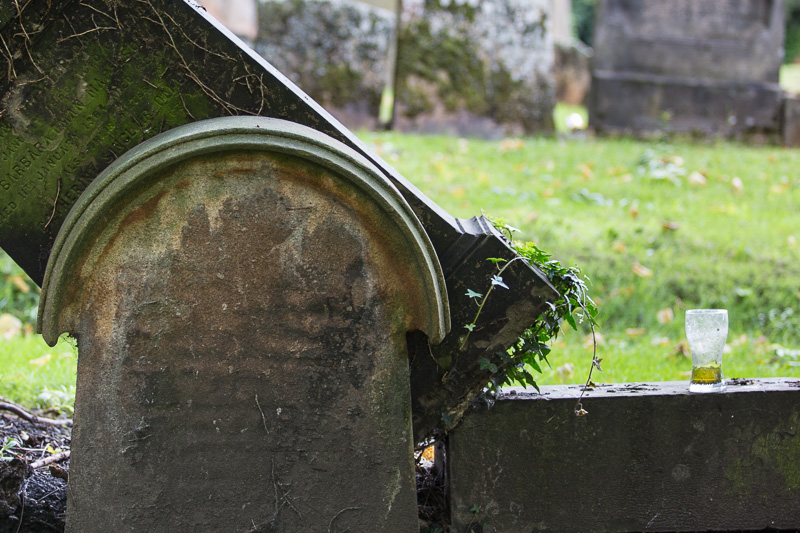I used to think the words for book and freedom were related. That’s not so far-fetched. Liber is the Latin word for book. Looks a lot like liberty, no? And philosophically, we like to relate books and freedom. “The truth shall set you free.” Education is the ticket to a better life. Acquiring literacy skills is the first step out of poverty. Libraries are the great repositories of knowledge and culture. Book-burning is the act of anti-intellectuals, Fascists, and barbarians. Right?
But, etymologically speaking, books and liberty have nothing to do with one another. Consider these entries from westegg.com:
Liberty The Latin words “Liber,” “Libera,” and “Liberum” — with a Long I — came from the root meaning, “to pour.” From this, we get the word “Liberty” (hence pronounced with a short I), from the freedom we feel when we get drunk. See Library (unrelated).
Library From the Latin word, Liber — with a long I — meaning, “to peel,” which would refer to the inner bark of a tree. Early manuscripts were writen on these bark, and from this bark we get the modern word “Library.” See Liberty (unrelated).
“Liberty” is rooted in drunkenness. “Library” is rooted in tree bark. Where does that leave freedom?
Consider the story of the 14 year old Pakistani Christian boy named Salamat Masih who was charged with blasphemy (a capital offence in Pakistan) for allegedly writing nasty things about the prophet Muhammad on the wall of a mosque. He was acquitted because the judge found that he was illiterate. (Reported in Human Rights Watch.) It’s a story which poses a striking conundrum for people touting the relationship between education and freedom. Presumably, as a Christian, Salamat Masih wasn’t bound by the Islamic prohibition against alcohol, and so he could have celebrated his acquittal by getting rip-roaring, falling-down free.

